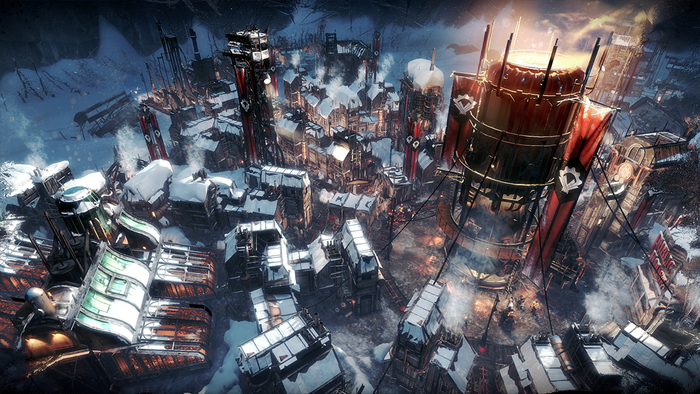With this week's release of Tales of Xillia (PS3), the Tales of series continues to build a Western fan base. Gamasutra speaks to producer Hideo Baba to find out more about the franchise.

The Tales of series has quietly and slowly become prominent among RPG fans in the West. Starting with 1998's Tales of Destiny, the series has had a bumpy road -- many titles never connected with audiences, and many others never left Japan. But after the unexpectedly strong performance of Tales of Graces f in 2012, Namco Bandai has recommitted to the franchise. Interest in it is "progressing very steadily," according to franchise producer Hideo Baba. "We definitely look it as an opportunity to stand out and grow, but compared to 10 years ago, it's a very lonely development environment," says Baba. "Back then there was a lot of rivalry; there was a lot to look at compared to now. But now what really stands out is Dragon Quest, Final Fantasy, Tales. It's much more lonely."
Trying to Make the Best Japanese Game, Not a Bad Western Game
The Tales of franchise does things quite a bit differently than Final Fantasy, long the standard bearer of the genre in the West. For one, Baba doesn't want to change the franchise just to appeal to Western players, as that might lose the core of expressiveness that has driven the series so far. "I feel like there's a huge culture behind the development of a game. And therefore, I don't feel the need for Japanese developers to really force themselves to understand Western culture, and try to really push themselves out of their comfort zone and then create a game that's specifically catered to Western audiences." "I think it's better to look at yourself internally to see what works, what the strengths are of the Japanese culture, and make sure to see that, understand it, and grow that aspect, and try to make the best game that the Japanese culture is capable of," says Baba. He puts it like this: "Fundamentally, I love playing games," he says, listing big Western franchises like Uncharted and Assassin's Creed among those he's played and enjoyed. "What we found is Tales fans in the West do tend to enjoy our games in the same way that Japanese players do, which really shows that the Tales franchise does differentiate itself from other games." He doesn't want to shift toward more realistic characters -- instead, he'd rather stick with the anime style the franchise is known for, as it's "what we're good at, and what we've grown up with." And by the same token, don't expect the Tales of series to turn into Skyrim -- even if Xillia does have open world aspects that the franchise previously lacked. 
The Core of the Tales of Franchise
"What's a very strong and important aspect for the development team is stability and comfort," says Baba. "We like our fans to know that when they pick up a Tales game that they have that comfort and stability in knowing that there's not going to be any fear of deviation. They know exactly what they're getting," even if the franchise does evolve from title to title, the team doesn't rock the boat too hard. And here's what they get: "In developing an RPG, we really feel like there's two main points," says Baba. "The first one is making sure that it's a very strong story and making sure it's a story that people can relate with. The second part is the fun factor, which would be mainly the battle system because that's where the player gets involved with the game." "Rather than going with a command-based system, we wanted to make a real-time, a lot more action-based, so that even people who aren't accustomed to RPGs can jump right in and enjoy," says Baba. In fact, what has long set Tales of apart from many other games in the genre is its fast-paced, action-based combat -- something a mainline Final Fantasy game won't try until Final Fantasy XV releases on PlayStation 4 and Xbox One. The other part of the Tales of equation is its large casts of characters. While this has been a fixture of the genre since the 1980s, the Tales of series, in particular, puts its emphasis on a broad but well balanced cast, with a strong lead at its center. "We find that it's very important to make sure that every character in the party really stands out and has a distinct personality," says Baba. "By creating the main character, we're able to figure out how the dynamic works out with everybody and therefore that's how we create the cast and how they fit together." "While we're developing the game, we want to make sure that it's very believable why the characters are interacting with each other, why they continue to interact with each other. So we want to make sure that we pace it out correctly so it becomes a believable, social interaction. So, for example, if a character betrays the cast, then there is extra shock, there is extra emotional value placed in that scene."
About the Author(s)
You May Also Like







